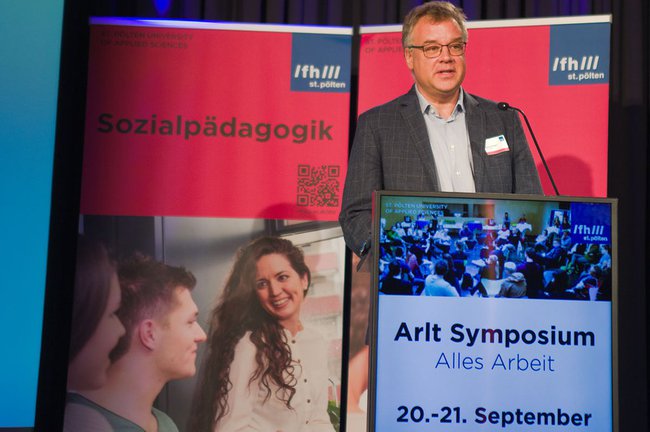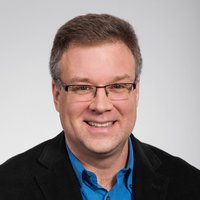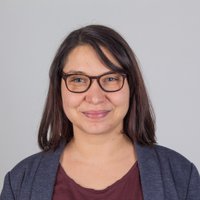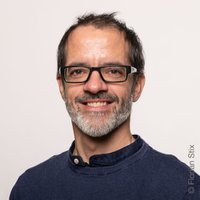Arlt Symposium: Insights into New Working Worlds
A Report on the Arlt Symposium 2023 at the St. Pölten UAS

Hardly any other matter is attached as much importance in the economic and sociopolitical discourse as the topic of work. This is reflected, for example, in the debates about an “active labour market policy”, “work 4.0”, “new working worlds”, and the lack of skilled labour.
The Arlt Symposium 2023 at the St. Pölten University of Applied Sciences examined working worlds and work organisation from the perspective of social work and social enterprises.
Gainful Employment and Other Forms of Work
Due to changes in society, the topic of work is increasingly tied to politics of migration, digitalisation, and innovation – and not least to social politics. Gainful employment continues to have a major impact on an individual’s social participation, livelihood, and life opportunities. Other forms of work such as caring for children and older people as well as housework still have not nearly the same standing.
“In addition to taking a critical and reflective look at today’s significance of different work forms, this year’s Arlt Symposium offered a discourse on current initiatives to make gainful employment more inclusive. Both possible and impossible changes in the organisation of employment and other forms of work were up for discussion”, says Johannes Pflegerl, Head of the Ilse Arlt Institute for Social Inclusion Research at the St. Pölten UAS.
In cooperation with “arbeit plus – Soziale Unternehmen Niederösterreich“, the symposium presented and reflected on offers by existing initiatives, projects, and social companies and highlighted alternative movements within this system.
Social Enterprises and Green Jobs
Clara Moder and Sabine Rehbichler from “arbeit plus – Soziale Unternehmen Österreich“ presented the perspectives of social enterprises on the topic of sustainable employment. They emphasised that gainful employment is relevant from a climate policy perspective as well.
“The contents and organisation of gainful employment contribute to CO2 emissions, which is why it is urgently necessary to reorganise work in order to contain the climate crisis. It does, however, not suffice to make the contents of gainful employment ‘green’. Rather, we need good working conditions that are tailored to people’s needs and a reflection on which activities are societally necessary and ecologically reasonable”, says Rehbichler, CEO of “arbeit plus – Soziale Unternehmen Österreich”.
According to Rehbichler and Moder, social enterprises that are active in the circular economy have been combining these requirements for decades: “Through fields of activity such as recycling, re-use, and repair, they contribute to ecological sustainability and simultaneously offer people who have been excluded from the social functions of gainful employment for a long time the possibility to re-enter the workforce”, explains Rehbichler.
Job Guarantee as a Model against Long-Term Unemployment
Karmen Frena from AMS Niederösterreich and Maximilian Kasy from the University of Oxford presented a study and a model project for job security. The objective of the model project MAGMA in Gramatneusiedl[AA1] is to reduce the long-term unemployment rate in the region to zero and to counteract the negative consequences of long-term unemployment for the affected persons.
“The central instrument in the fight against long-term unemployment is intensive counselling and consistent placement. The project MAGMA gives us the opportunity to gain new insights for an evidence-based labour market policy”, emphasises Frena.
“The programme has had a very positive impact on the participants. This applies to aspects such as time structure, social networking, and a sense of meaning. Receiving the same income without the guarantee of work would not have the same effect. The programme has resulted in a strong reduction of unemployment. At the same time, the guaranteed jobs did not lead to a displacement of regular jobs in the market”, says Kasy who, on behalf of the University of Oxford, supports the project scientifically and evaluates it together with the University of Vienna.
Unconditional Basic Income
The political scientist Margit Appel, who is involved in the “Netzwerk Grundeinkommen und sozialer Zusammenhalt – BIEN Austria“, held a closing speech on the topic of work and unconditional basic income.
“It is crucial to develop a new understanding of work in order to deal with these multiple crises in the context of democracy, distribution, ecology, and care. The unconditional basic income is an important approach to pre- and redistribution. An individual basic income that secures people’s livelihood and is tied neither to proof of need nor willingness to work – in order words, truly unconditional – is an important prerequisite for the participatory design of a changed work society”, says Appel.
Alles Arbeit – Das Konzept Arbeit aus unterschiedlichen Perspektiven (on the concept of work from different perspectives)
#arltsymposium

FH-Prof. Mag. Dr. Johannes Pflegerl
Academic Director Social Work (MA) Head of Research InstituteIlse Arlt Institute for Social Inclusion Research Lecturer Deputy Head of Department Department of Social Sciences

Mag. (FH) Sabine Sommer
Section Head Department and Study Organisation Department of Social Sciences
Mag. Mark Hammer
Section Head PressMarketing and Communications